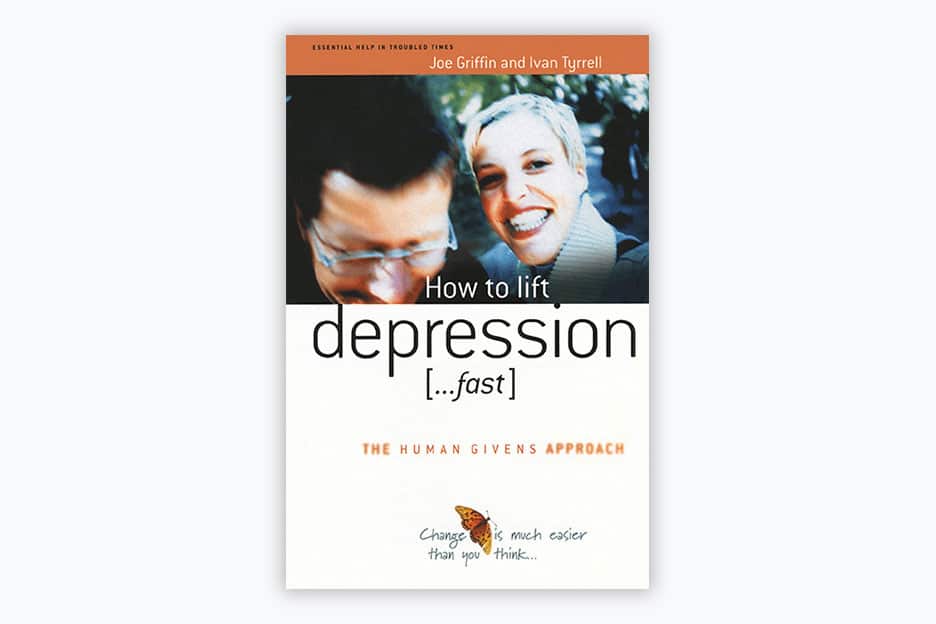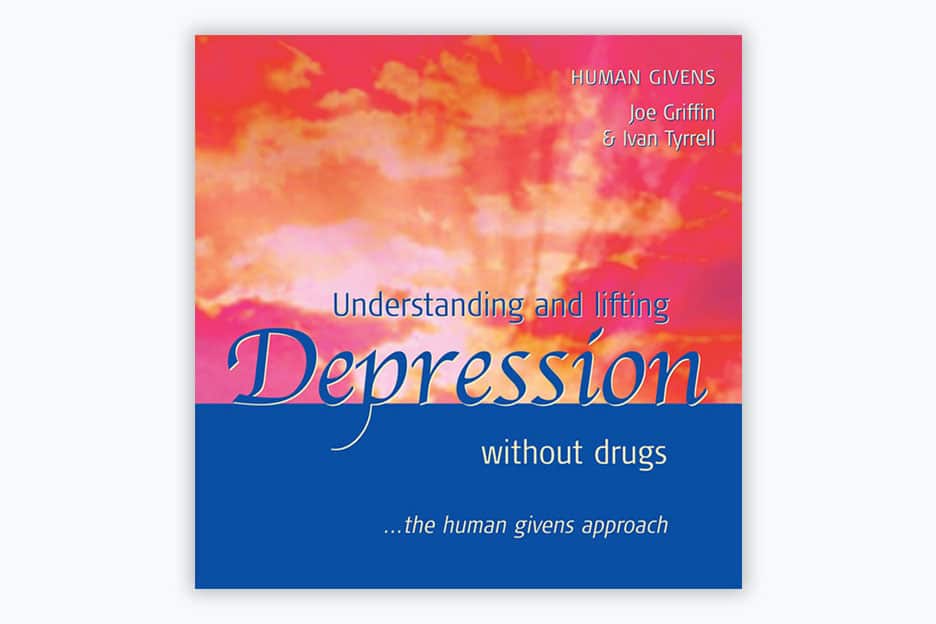When a loved one is at risk of suicide
their doctor can tell you
Very many people are struggling with poor mental health in these difficult times. When hope is taken away – hope of seeing one’s loved ones, making a living, paying one’s bills, feeling like a normal human being – that is when people have suicidal thoughts.
Shockingly, antidepressants often consequently prescribed can increase suicidal thinking and attempts. A recent study shows that one in every 200 people started on them goes on to attempt suicide.1
Even stopping antidepressants brings problems. Last month, the Royal College of Psychiatrists finally bowed to pressure and published guidance that admitted the true possible extent of withdrawal symptoms.2
Among these are suicidal thoughts and a feeling of inner restlessness and inability to stay still – a state known as akathisia, often so relentless and overwhelming that it may itself precipitate suicide attempts.
So it is particularly shocking that many mental health professionals still don’t know that they can inform families of a patient’s fragile mental state, if there is suicide risk – even when the patient is over 18.
GPs and others may think that they are bound by their duty of confidentiality even in such cases, but they are not. In 2014, the Department of Health published a consensus statement, signed by eight professional organisations including the Royal College of Psychiatrists, Royal College of General Practitioners and Royal College of Nursing.3
NEW – Live Online Training
Join Malcolm Hanson for this important new workshop: How to reduce suicide risk – the practical steps you need to know


